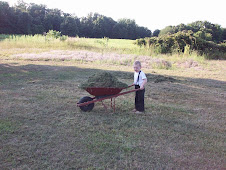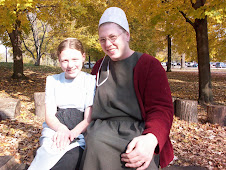Now it is January, and we are beginning to get excited about getting things going around the farm. We have asked a few folks to serve as board members, as we are going to submit paper work in order to gain Michigan non-profit status. This status won’t mean very much for this year’s work, but it may be important a few years down the road when we begin to expand and adjust our goals to meet more need in our community.
After the papers are filed, Jenn and I will suggest a share price, which right now looks to be about $425 for the whole season. We will provide eggs every two weeks, 60 pounds of pork, six chickens, and hopefully, new for this year, turkeys. We are hoping to sell twenty shares this season, an increase over the thirteen we sold last season.
What needs to be done in January, or , what we hope to accomplish if we get some early shares sold, is to make our new chicken tractors (a new design for this season), construct a brooder, and purchase seed in time to plant new pasture during the January thaw.
One of the things we have already done is to file a DBA (doing business as) form with Allegan County. This means that you will be able to write checks to Sandhill CSA as well as to Scot or Jenn. Last year, we had some problem cashing a few checks because of our failure to register as a business. What all of this means, is, we are a legitimate farming enterprise in the eyes of the state, and perhaps, more legitimate to potential shareholders who might be leery of writing a check to a person instead of a business.
As a point of interest, I thought I’d share some of the major points of our non-profit plans with you, so you get an idea of what direction we are presently taking the farm. These are the suggestions we will be taking to a board when it is established:
Article II
The purpose or purposes for which the corporation is organized
A. To foster strong relationships between urban and rural communities through non-profit community farming and healthy food.
B. To educate diverse populations about the importance of locally grown food, family farms, and personal relationships to the stability of local economies and healthy communities.
C. To develop a not for profit breeding program for heritage breed livestock.
D. To educate interested adults and children about the intricacies of micro-farming, and livestock and pasture management.
E. To provide a percentage of Sandhill CSA harvest to low income families or shelters.
Thanks for reading. Now that the holidays have past (The Quakers are not supposed to celebrate holidays), we will begin the work of preparation and be updating you all on the progress we are making as we draw closer to the fun of the farming season.
Thursday, January 7, 2010
Subscribe to:
Post Comments (Atom)



No comments:
Post a Comment